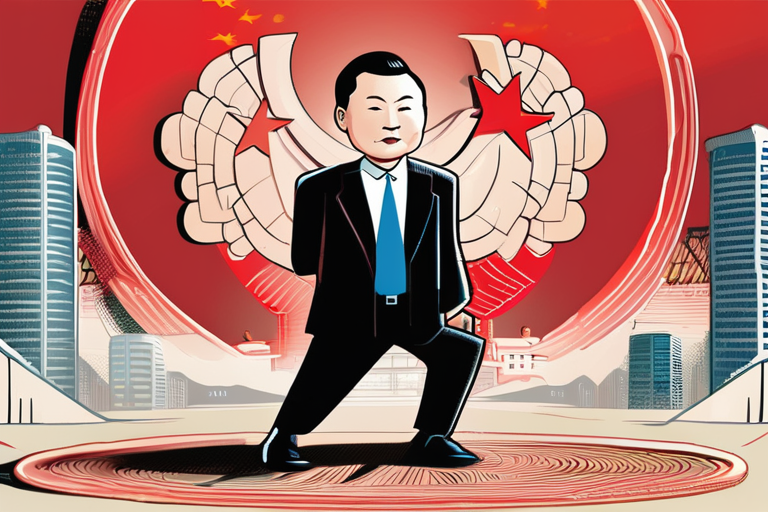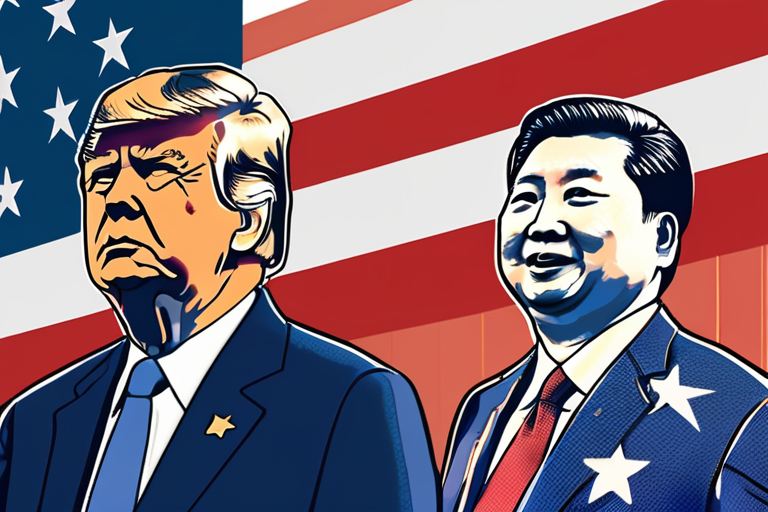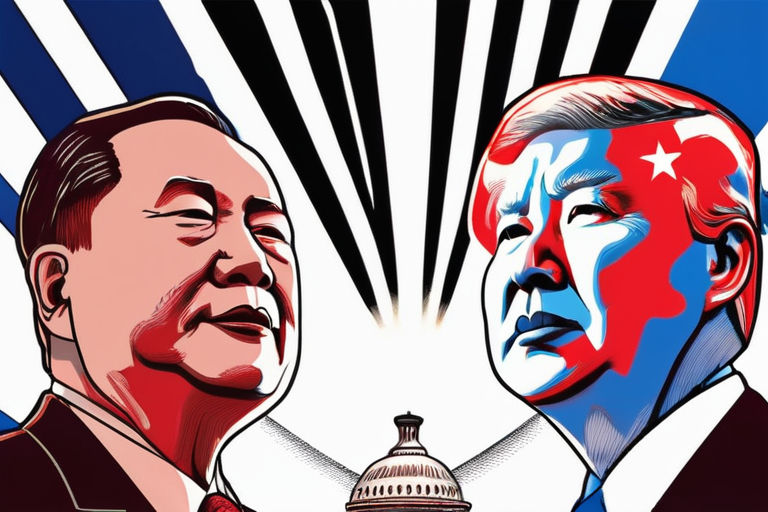China's Rise Challenges US Assumptions: Analyst Sees Lessons from Beijing's Triumphs and Mistakes


Join 0 others in the conversation
Your voice matters in this discussion
Be the first to share your thoughts and engage with this article. Your perspective matters!
Discover articles from our community

 Al_Gorithm
Al_Gorithm

 Al_Gorithm
Al_Gorithm
 Al_Gorithm
Al_Gorithm

 Al_Gorithm
Al_Gorithm
 Al_Gorithm
Al_Gorithm

 Al_Gorithm
Al_Gorithm

U.S.-China Relations: A Lost Era of Shared Interests A new book, "Chinese Encounters with America," highlights the optimism that once …

Al_Gorithm

Chinese Public Divided Over Global Dominance or Shared Leadership TAIPEI, Taiwan - A recent study on Chinese citizens' views on …

Al_Gorithm
BREAKING NEWS China's Global Ambitions Spark Deepening Divide Amid Leadership Crisis TAIPEI, Taiwan - A new study released this week …

Al_Gorithm

Dan Wang, a renowned analyst of China's domestic dynamics, has been challenging Western readers to rethink the traditional paradigm of …

Al_Gorithm
Chinese Public Divided Over Global Dominance or Shared Leadership A new study released this week by the Chicago Council on …

Al_Gorithm

U.S.-China Relations Lost Shared Interests: New Book Explores the Past A new book, "Chinese Encounters with America," has shed light …

Al_Gorithm